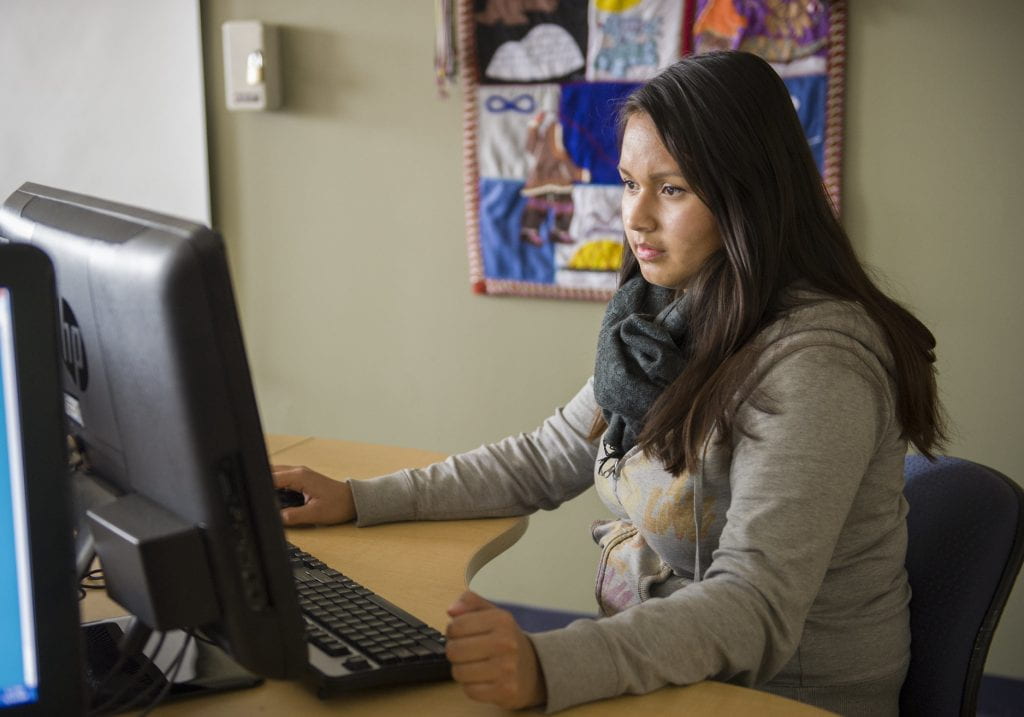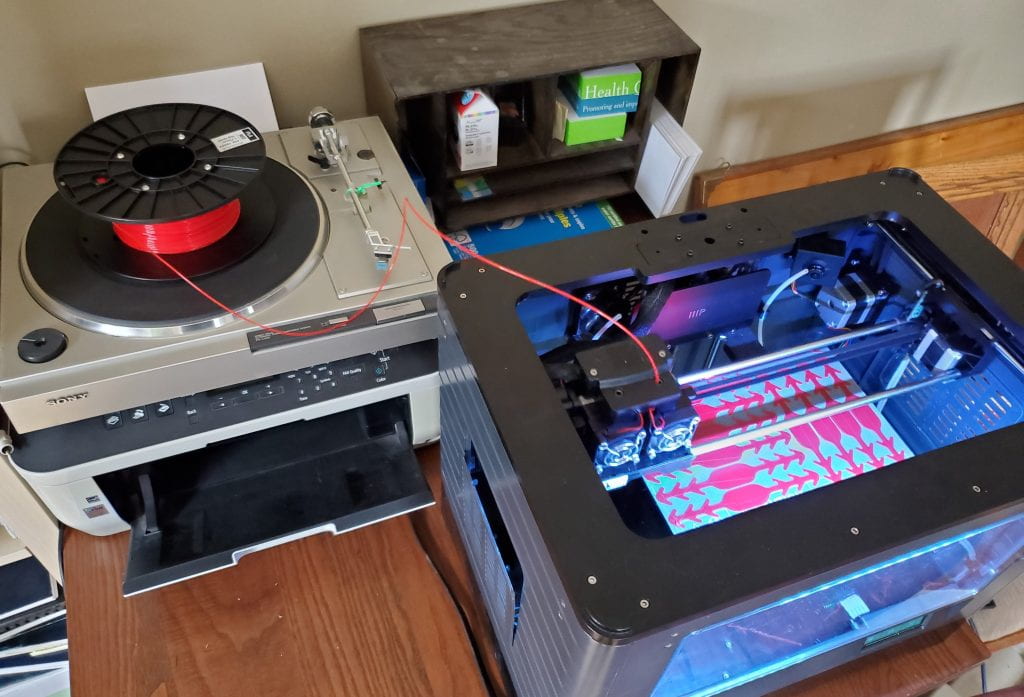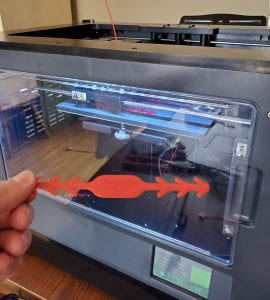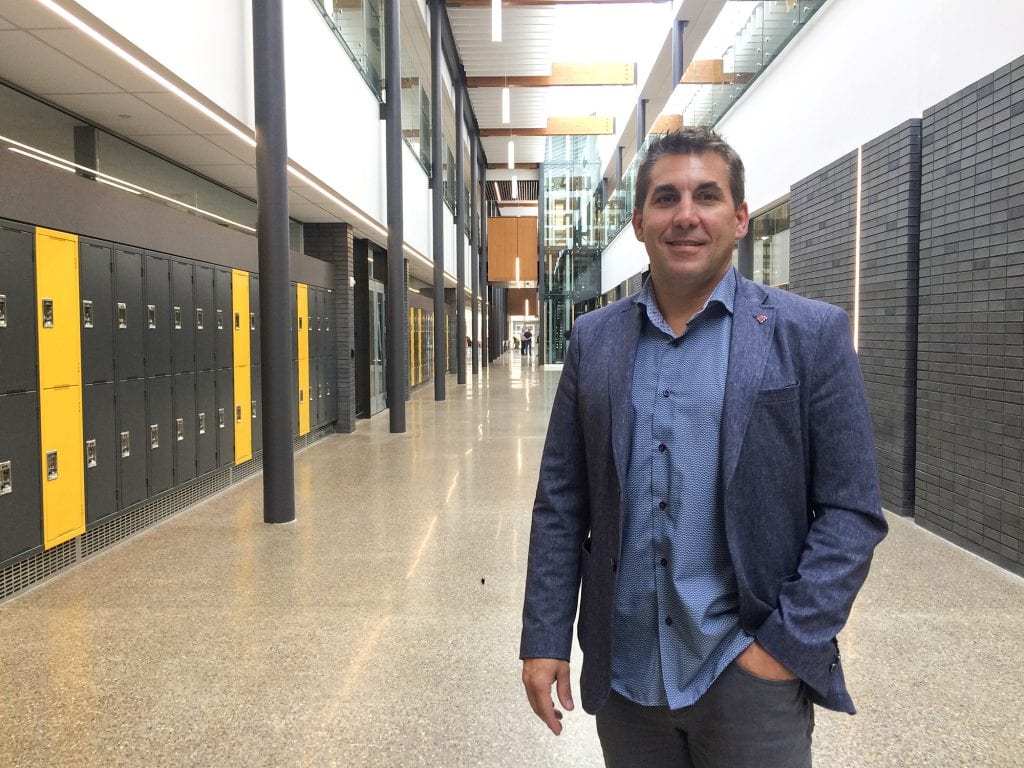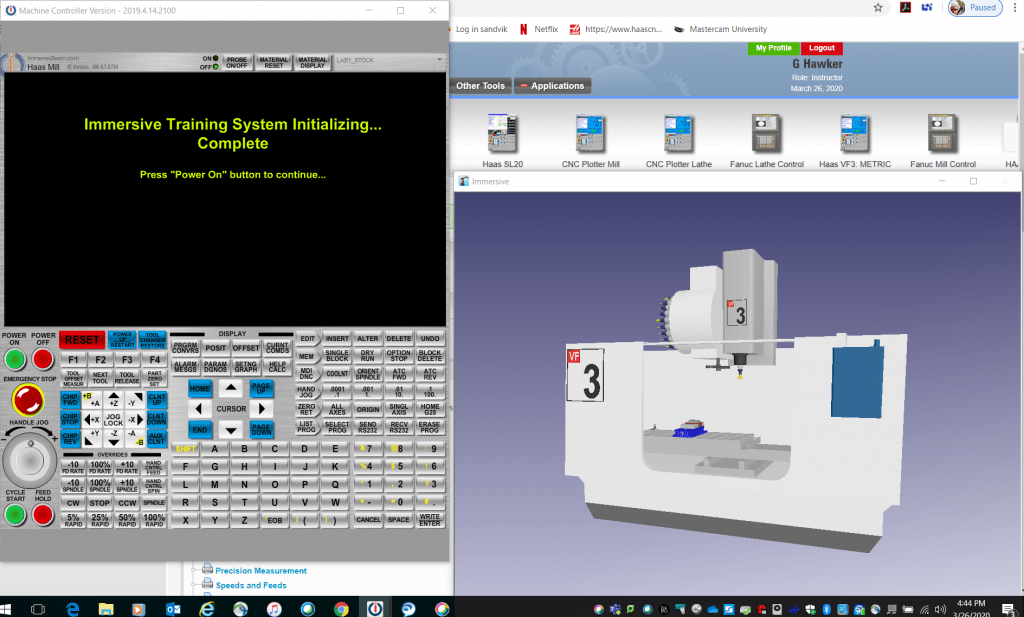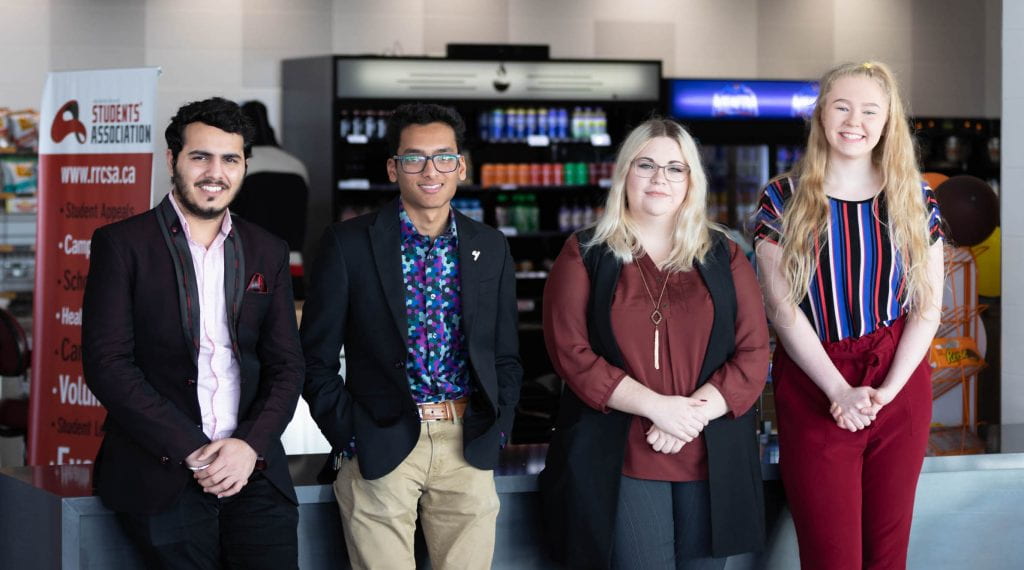Award-winning flavours and fava on the menu at Prairie Research Kitchen
Red River College’s Prairie Research Kitchen has won the Canadian Association of Research Administrators’ (CARA) Research Partnership Award, for its ongoing work with Manitoba food start-up Prairie Fava.
The award ceremony was originally scheduled to take place at CARA’s annual conference in Vancouver last month, though the conference was cancelled due to the COVID-19 pandemic.
“Prairie Fava has been a great partner of ours since the beginning. Working with them has showcased our ability to bring a chef’s experience and perspective to applied research,” says Mavis McRae, Director of the Prairie Research Kitchen, which is RRC’s newest federally funded Technology Access Centre.
“We’re so grateful for their support, and thankful to have grown alongside each other over the years. It’s an honour to be recognized for this mutually beneficial relationship.”
Hailey and Cale Jefferies co-founded Prairie Fava in 2015 as a way to tie their family seed business, Jefferies Seeds, into a new venture that showcased the duo’s passion for healthy food with their existing knowledge and experience in agriculture. Prairie Fava was recently awarded the Start-Up of the Year Award at the 2019 Manitoba Chambers of Commerce Business Awards.
“I can’t emphasize enough how valuable the research and development work done by the Prairie Research Kitchen team is for a small company like ours,” says Hailey Jefferies (shown above), the company’s President. “They provide great expertise while being cost effective. We have appreciated being able to leverage the creative talents of RRC students to do both market research and great food photography. We have not been able to find this kind of diverse food research elsewhere.” Read More →


